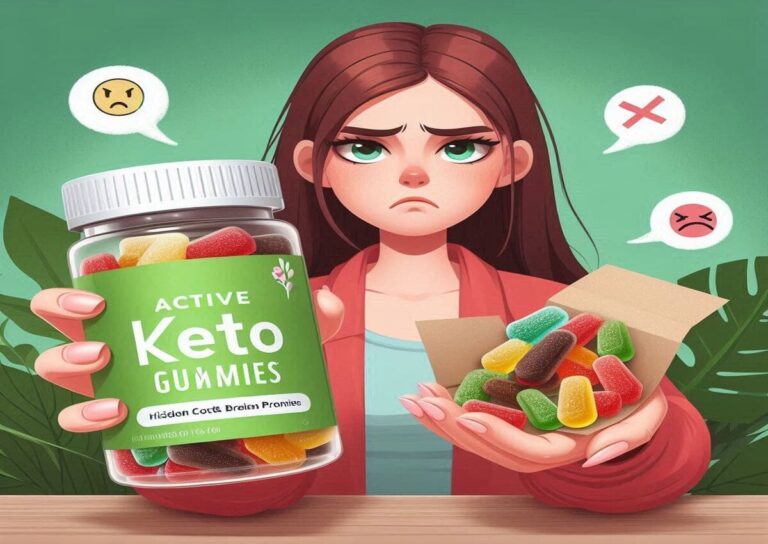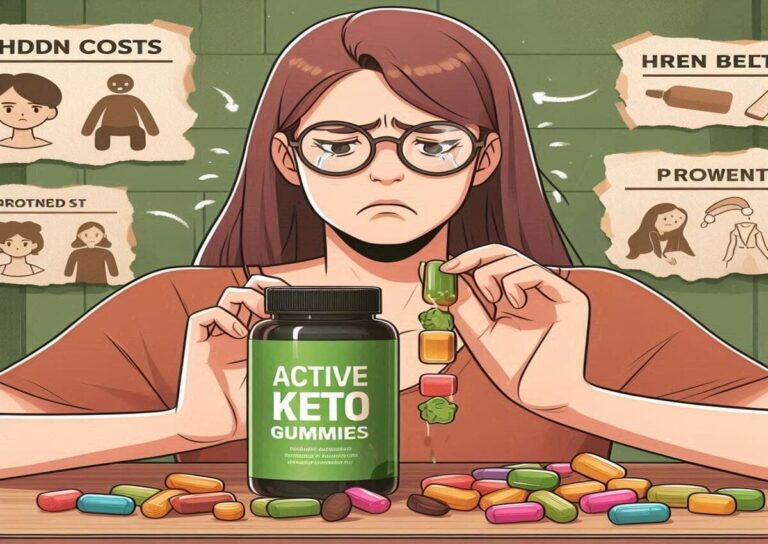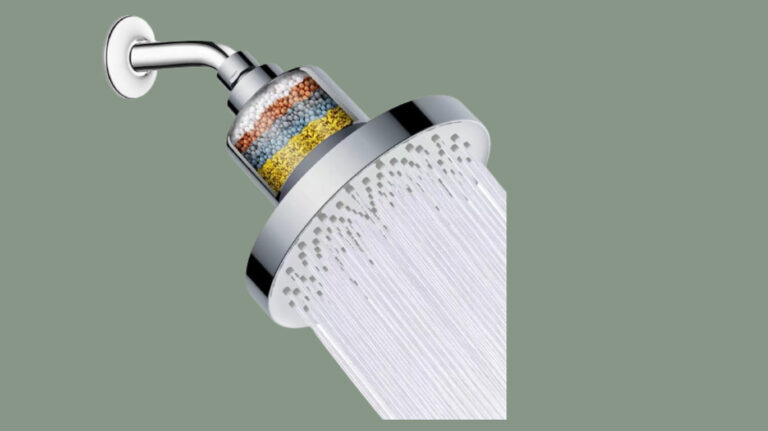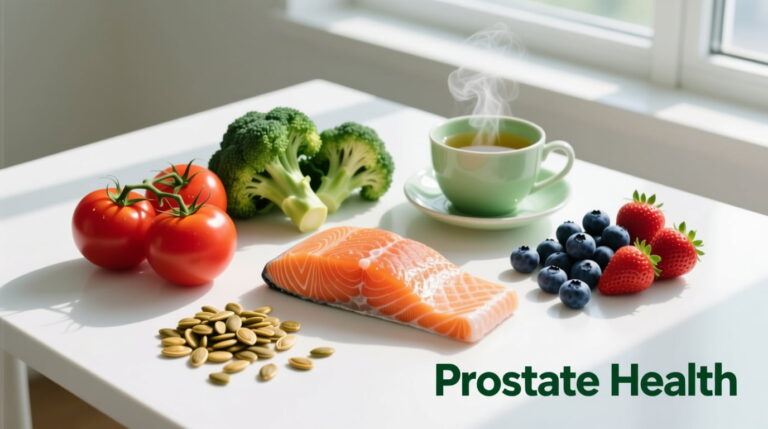Foods to Avoid with High Cholesterol: Natural Ways to Lower Cholesterol
The worst foods for high cholesterol, given their high saturated fat content, include: Red meat, like beef, pork, and lamb, as well as processed meats like sausage.
These foods are notorious for raising LDL (bad) cholesterol levels, which can lead to heart disease. For instance, having a steak or a sausage regularly can significantly impact your cholesterol levels negatively.
Instead, consider diets that help lower cholesterol. The Mediterranean diet is a great example. It includes plenty of fruits, vegetables, whole grains, and healthy fats like olive oil and nuts.
Another effective diet is the DASH (Dietary Approaches to Stop Hypertension) diet, which emphasizes fruits, vegetables, and low-fat dairy, and is low in saturated fat and cholesterol.
Supplements can also play a role in managing cholesterol levels. Omega-3 fatty acids, found in fish oil, are known for their heart benefits and ability to lower triglycerides.
Plant sterols and stanols, found in fortified foods, can help block the absorption of cholesterol in the digestive system.
Also Read: Beyond the Blue Pill: Exploring the Cost and Benefits of Acoustic Wave Therapy for ED
Foods to Avoid with High Cholesterol
Red Meat and Processed Meats
Red meats, such as beef, pork, and lamb, contain high levels of saturated fat, which can increase cholesterol levels. Processed meats like sausages, hot dogs, and bacon are even worse because they often contain additional unhealthy fats and preservatives.
To reduce cholesterol levels, it’s advisable to limit or avoid these meats. Instead, opt for lean proteins such as chicken, turkey, or plant-based options like beans, lentils, and tofu.
Dairy Products
High-fat dairy products, such as whole milk, cheese, and butter, are rich in saturated fats and can contribute to high cholesterol levels. Switching to low-fat or non-dairy alternatives can make a significant difference.
Consider using almond milk, soy milk, or other plant-based milk substitutes. Similarly, choose low-fat or fat-free yogurt and cheese options to help manage your cholesterol levels.
Natural Ways to Lower Cholesterol
Dietary Changes
One of the most effective ways to lower cholesterol naturally is through dietary changes. Incorporating more fruits, vegetables, and whole grains into your diet can help.
These foods are rich in dietary fiber, which can help reduce LDL cholesterol. Additionally, focus on consuming healthy fats found in avocados, nuts, and olive oil, which can improve your HDL (good) cholesterol levels.
Regular Exercise
Regular physical activity is crucial for maintaining healthy cholesterol levels. Exercise helps increase HDL cholesterol while lowering LDL cholesterol and triglycerides. Aim for at least 30 minutes of moderate-intensity exercise most days of the week.
Activities like brisk walking, jogging, cycling, and swimming are excellent choices for keeping your cholesterol in check.
Lifestyle Modifications
Making lifestyle changes can also significantly impact cholesterol levels. Quitting smoking is one of the best steps you can take for your heart health, as smoking lowers HDL cholesterol.
Reducing alcohol intake and managing stress through techniques such as yoga, meditation, or deep-breathing exercises can also contribute to lower cholesterol levels and better overall health.

Best Diets to Lower Cholesterol
The Mediterranean Diet
The Mediterranean diet is one of the most effective diets for lowering cholesterol and promoting heart health. This diet focuses on whole, unprocessed foods such as fruits, vegetables, whole grains, legumes, nuts, and seeds. It also emphasizes the use of healthy fats, particularly olive oil, which is rich in monounsaturated fats.
The Mediterranean diet includes moderate amounts of fish and poultry and limits red meat. Fish, such as salmon and mackerel, are excellent sources of omega-3 fatty acids, which help reduce triglycerides and LDL cholesterol while boosting HDL cholesterol.
Additionally, the diet encourages the consumption of herbs and spices instead of salt to flavor foods, which can help lower blood pressure.
Incorporating the Mediterranean diet into your daily life can be simple. Start by filling your plate with plenty of vegetables and fruits, replacing butter with olive oil, and choosing whole grains over refined grains.
Snack on nuts and seeds, and aim to eat fish at least twice a week. This diet not only helps manage cholesterol but also provides numerous other health benefits, including improved brain function and reduced risk of chronic diseases.
The DASH Diet
The DASH (Dietary Approaches to Stop Hypertension) diet is another excellent choice for lowering cholesterol. Originally designed to combat high blood pressure, the DASH diet is also effective in reducing LDL cholesterol levels.
This diet emphasizes fruits, vegetables, whole grains, and low-fat dairy products while limiting saturated fat, cholesterol, and sodium intake.
Key components of the DASH diet include:
- Eating plenty of fruits and vegetables: These are rich in fiber, vitamins, and minerals that support heart health.
- Choosing whole grains: Whole grains, such as brown rice, quinoa, and whole wheat bread, provide more nutrients and fiber than refined grains.
- Including low-fat dairy: Low-fat or fat-free dairy products help reduce saturated fat intake.
- Lean protein sources: Lean meats, fish, poultry, beans, and nuts are preferred over red meats and processed meats.
- Limiting sodium: Reducing salt intake helps manage blood pressure and overall heart health.
To start the DASH diet, gradually increase your intake of fruits and vegetables, opt for whole grains instead of refined ones, and choose low-fat dairy options.
Reducing the amount of salt you use in cooking and avoiding processed foods can also make a big difference in your cholesterol levels and overall health.
Also Read: Effective Stress Management Strategies for the Modern Professional
What Is the Recommended Diet for Lowering Cholesterol?

A heart-healthy diet is key to managing your cholesterol levels. Here’s what a cholesterol-lowering diet typically includes:
- Plenty of fruits and vegetables: Aim for at least 5 servings a day. These are packed with vitamins, minerals, and fiber, which can help lower cholesterol.
- Whole grains: Choose whole grain breads, cereals, and pastas over refined versions. Whole grains provide more fiber and nutrients.
- Lean proteins: Opt for skinless poultry, fish, and plant-based proteins like beans and lentils. These are lower in saturated fat than red meat.
- Healthy fats: Use olive oil, avocados, nuts, and seeds. These contain monounsaturated and polyunsaturated fats, which can help improve your cholesterol profile.
- Limited saturated and trans fats: Reduce your intake of fatty meats, full-fat dairy, and fried foods. Avoid foods with “partially hydrogenated oils” in the ingredient list, as these contain trans fats.
- Low-fat dairy: Choose skim milk, low-fat yogurt, and reduced-fat cheeses to get the nutrients from dairy without the extra saturated fat.
- Fatty fish: Eat fish like salmon, mackerel, or sardines at least twice a week. These are rich in omega-3 fatty acids, which can help lower triglycerides.
This diet, often referred to as the Mediterranean diet, has been shown to be effective in lowering cholesterol levels and reducing the risk of heart disease.
How Often Should You Get Your Cholesterol Checked?
Regular cholesterol checks are important for monitoring your heart health. The frequency of these checks depends on your age, risk factors, and current cholesterol levels.
For most adults:
- If you’re 20 years or older and at low risk for cardiovascular disease, you should get your cholesterol checked every 4–6 years.
- If you’re over 40, or if you have risk factors for heart disease, you may need more frequent checks.
- Men aged 45–65 and women aged 55–65 should get annual cholesterol checks.
- After age 65, both men and women should have their cholesterol checked annually.
Your doctor might recommend more frequent testing if you have:
- A family history of high cholesterol or heart disease
- High blood pressure
- Diabetes
- Are overweight or obese
- Smoke
Remember, these are general guidelines. Your doctor can provide personalized recommendations based on your individual health status and risk factors.
Is All Cholesterol Bad for You?
Despite its bad reputation, not all cholesterol is harmful. In fact, cholesterol is essential for many bodily functions. It’s a key component of cell membranes and is necessary for producing hormones, vitamin D, and substances that help you digest foods.
There are two main types of cholesterol:
- LDL (Low-Density Lipoprotein) Cholesterol: Often called “bad” cholesterol, high levels of LDL can lead to buildup in your arteries, increasing your risk of heart disease and stroke.
- HDL (High-Density Lipoprotein) Cholesterol: Known as “good” cholesterol, HDL helps remove other forms of cholesterol from your bloodstream.
Your body needs both types of cholesterol to function properly. The problem arises when the balance between these two types is off, particularly when LDL levels are too high or HDL levels are too low.
In addition to LDL and HDL, your doctor may also measure your triglycerides, another type of fat in your blood.
High levels of triglycerides, combined with high LDL or low HDL, can increase your risk for heart disease and stroke.
The goal is to maintain a healthy balance:
- Total Cholesterol: Less than 200 mg/dL
- LDL Cholesterol: Less than 100 mg/dL
- HDL Cholesterol: 60 mg/dL or higher
- Triglycerides: Less than 150 mg/dL
These numbers can vary based on your overall health and risk factors. Your doctor can help you understand what your cholesterol numbers mean for you personally.
Best Cholesterol Supplements
Omega-3 Fatty Acids
Omega-3 fatty acids are essential fats that have numerous health benefits, particularly for heart health. They are found in fatty fish, such as salmon, mackerel, and sardines, as well as in flaxseeds, chia seeds, and walnuts.
Omega-3 supplements, such as fish oil capsules, are a convenient way to ensure you get enough of these beneficial fats.
Omega-3 fatty acids help lower triglycerides, reduce inflammation, and increase HDL cholesterol. They also have a mild blood-thinning effect, which can help prevent blood clots.
The American Heart Association recommends eating fish at least twice a week or taking omega-3 supplements if you don’t consume enough fish in your diet.
Recommneded article: IQ Blast Pro supplement That Revives Youthful Brain Health?
Plant Sterols and Stanols
Plant sterols and stanols are naturally occurring substances found in small amounts in many fruits, vegetables, nuts, seeds, cereals, and legumes.
They are structurally similar to cholesterol and can help block the absorption of cholesterol in the digestive system. Consuming foods fortified with plant sterols and stanols or taking them as supplements can significantly reduce LDL cholesterol levels.
Foods fortified with plant sterols and stanols include certain margarines, orange juice, and yogurt drinks. The National Cholesterol Education Program recommends consuming about 2 grams of plant sterols and stanols per day to help lower cholesterol.
These substances are particularly beneficial for individuals with high cholesterol levels who need additional help beyond diet and exercise changes.
You Must Avoid These Food For Heathy Cholesterol Levels

Additional Tips for Managing Cholesterol
Regular Health Check-ups
Regular health check-ups are crucial for monitoring cholesterol levels and overall heart health. It’s important to have your cholesterol levels checked at least every 4-6 years, or more frequently if you have risk factors for heart disease or a history of high cholesterol.
During these check-ups, your healthcare provider can assess your risk for heart disease and recommend lifestyle changes or medications if necessary.
Medication and When It’s Needed
In some cases, lifestyle changes alone may not be enough to manage high cholesterol. If your cholesterol levels remain high despite following a healthy diet, exercising regularly, and making other lifestyle modifications, your doctor may recommend medication.
Cholesterol-lowering drugs, such as statins, can help reduce LDL cholesterol and lower the risk of heart disease.
It’s important to follow your doctor’s recommendations and continue with lifestyle changes even if you’re taking medication. Combining medication with a healthy lifestyle provides the best chance of managing cholesterol levels and maintaining heart health.
FAQs – Foods to avoid with high cholesterol natural ways to lower cholesterol
- What foods should I avoid if I have high cholesterol? Avoid red meats, processed meats, high-fat dairy products, and fried foods.
- Can exercise help lower cholesterol? Yes, regular exercise can increase HDL (good) cholesterol and lower LDL (bad) cholesterol and triglycerides.
- Are there any natural supplements that help lower cholesterol? Yes, omega-3 fatty acids and plant sterols/stanols are known to help lower cholesterol levels.
- What is the best diet for lowering cholesterol? The Mediterranean diet and the DASH diet are both effective for lowering cholesterol.
- How often should I get my cholesterol checked? Adults should have their cholesterol checked every 4-6 years, but those with high cholesterol or risk factors may need more frequent testing.
- Is it okay to eat eggs if I have high cholesterol? Eggs can be part of a healthy diet if eaten in moderation and if overall saturated fat intake is controlled.
- Can stress affect my cholesterol levels? Yes, chronic stress can negatively impact cholesterol levels, so managing stress is important for maintaining healthy cholesterol.
Conclusion
Managing cholesterol levels is essential for maintaining heart health and reducing the risk of heart disease. By avoiding high-cholesterol foods, such as red meat and processed meats, and adopting a heart-healthy diet like the Mediterranean or DASH diet, you can significantly lower your cholesterol levels.
Incorporating regular exercise, making lifestyle modifications, and considering supplements like omega-3 fatty acids and plant sterols can also help.
Regular health check-ups and working with your healthcare provider to determine if medication is necessary are important steps in managing cholesterol effectively.
By taking proactive measures and making informed choices, you can maintain healthy cholesterol levels and support your overall well-being.






